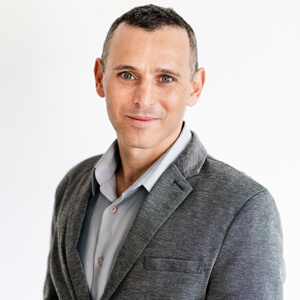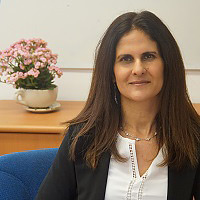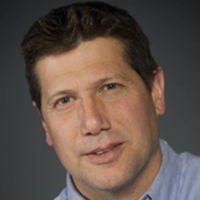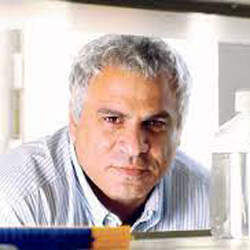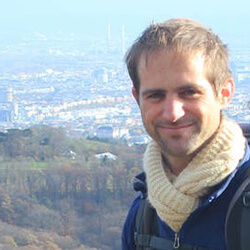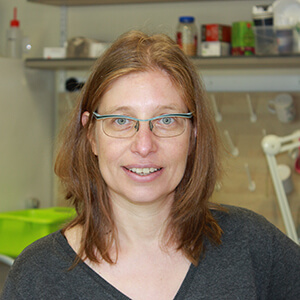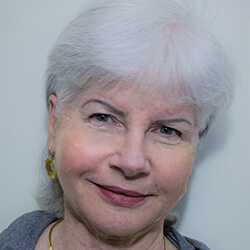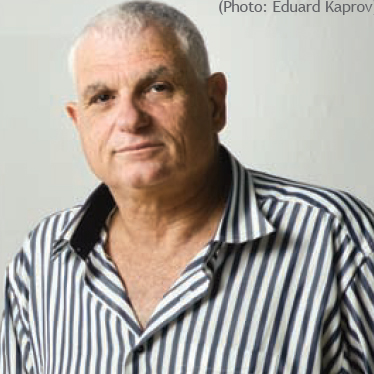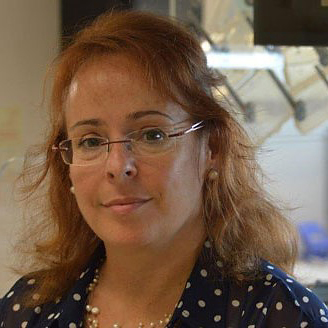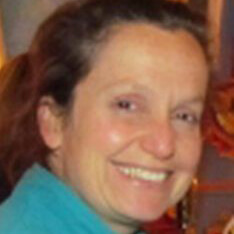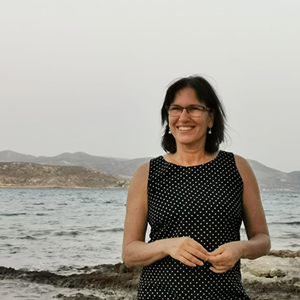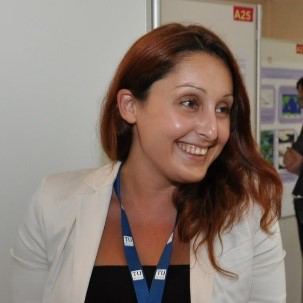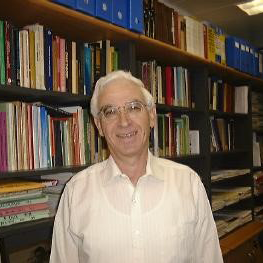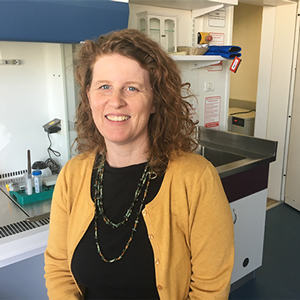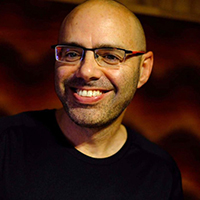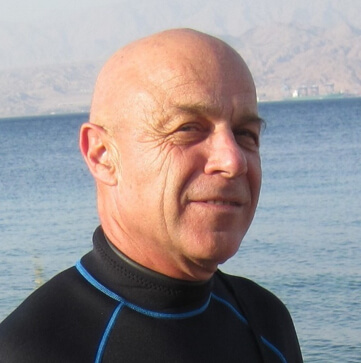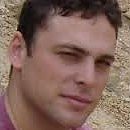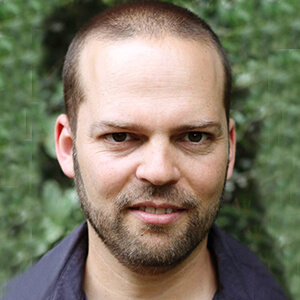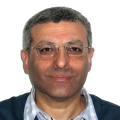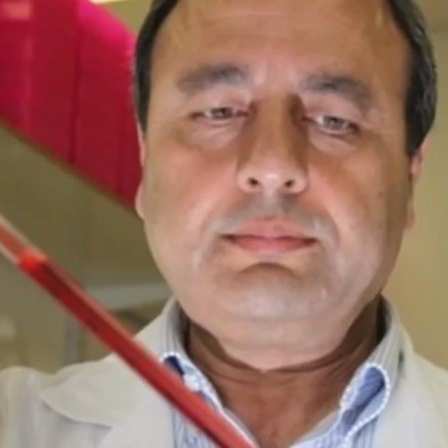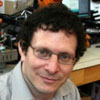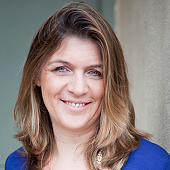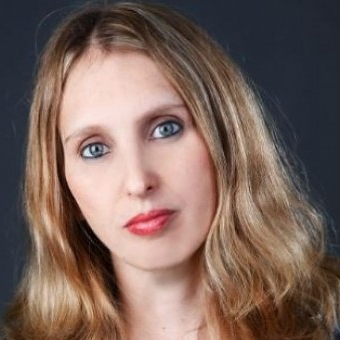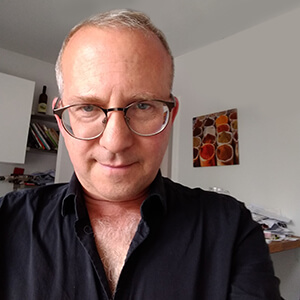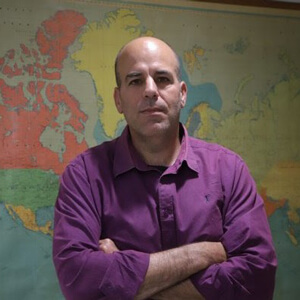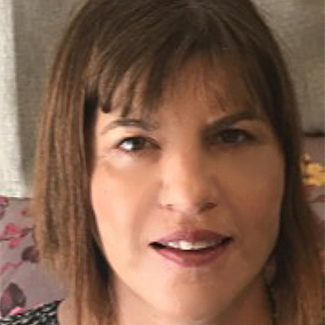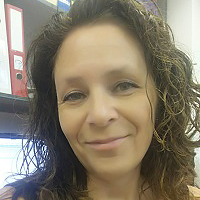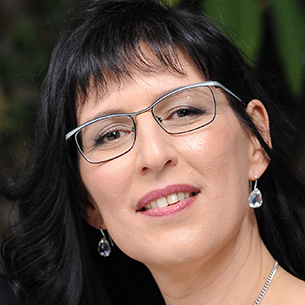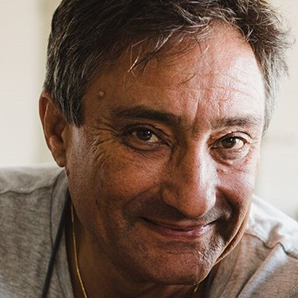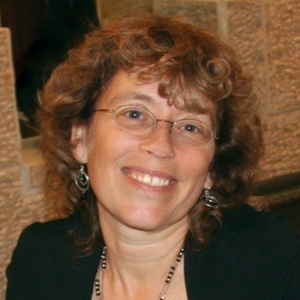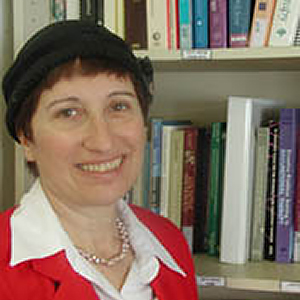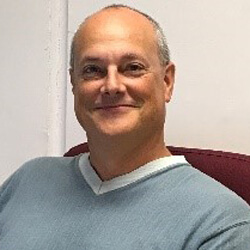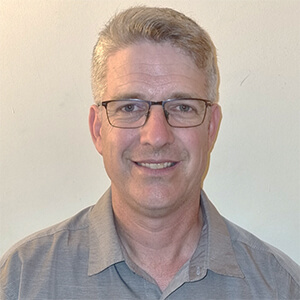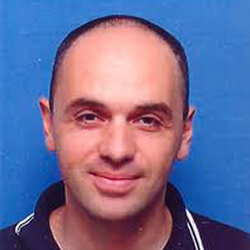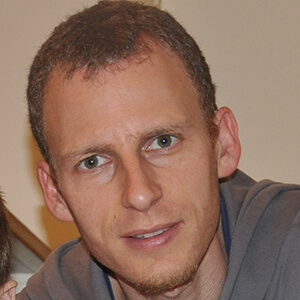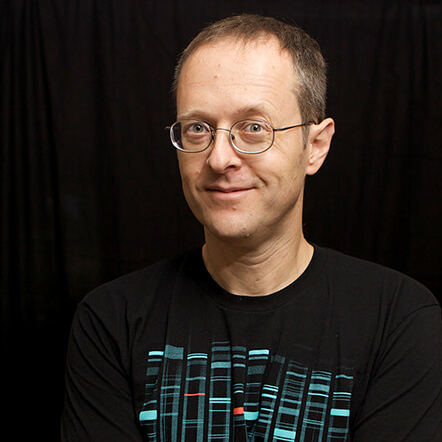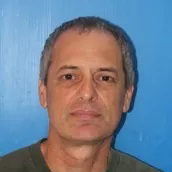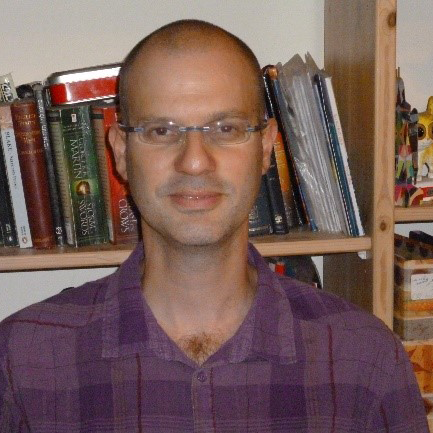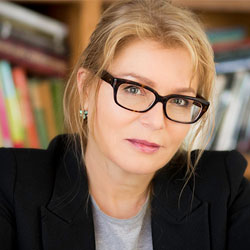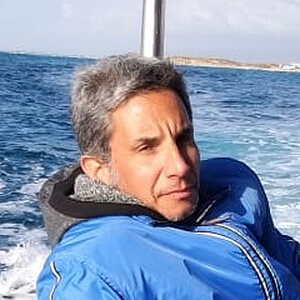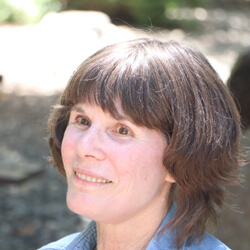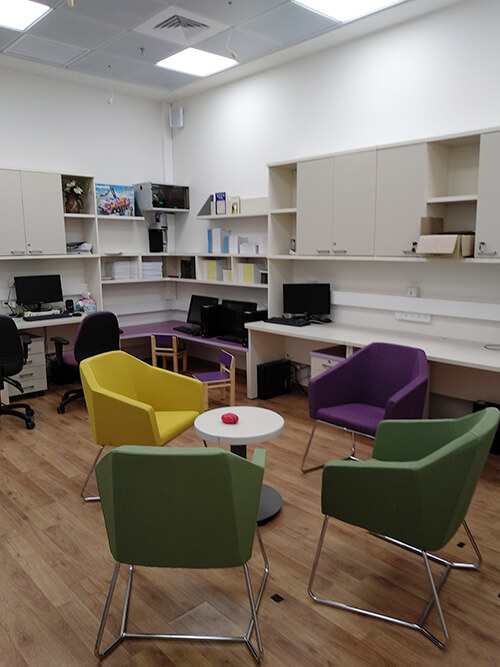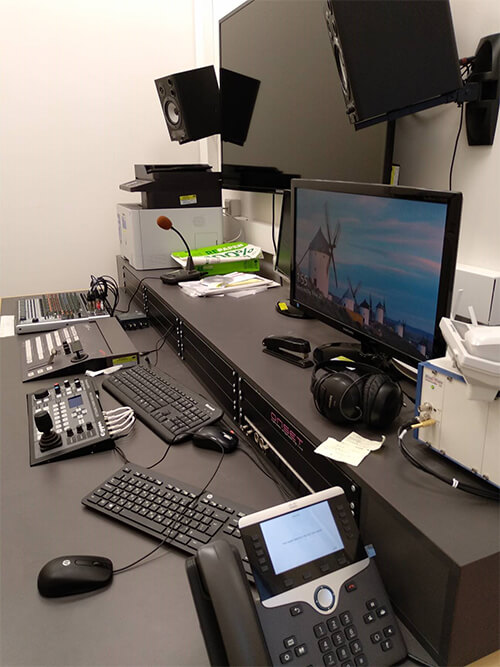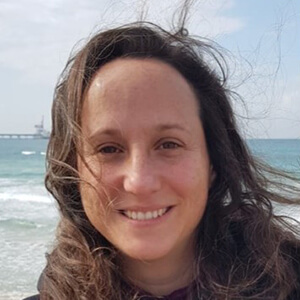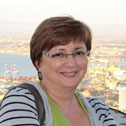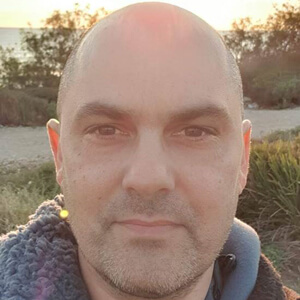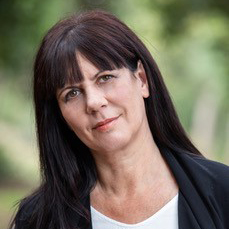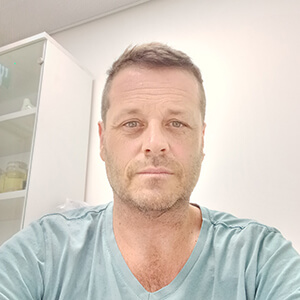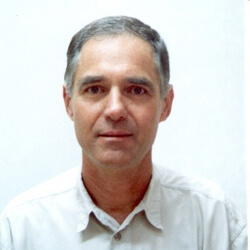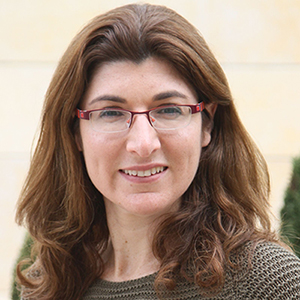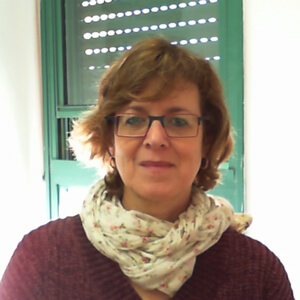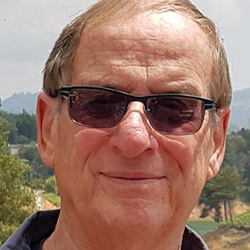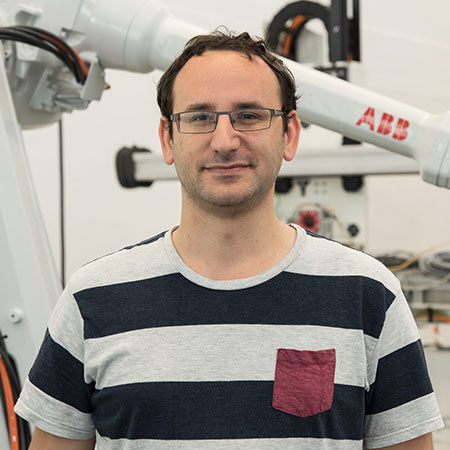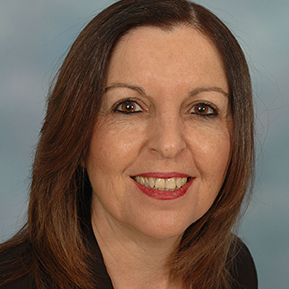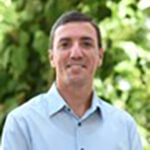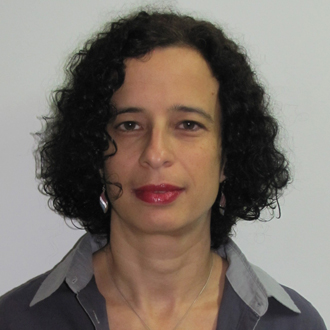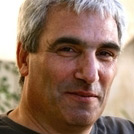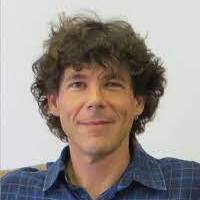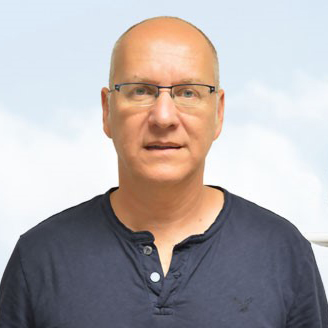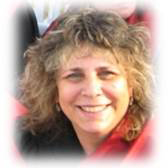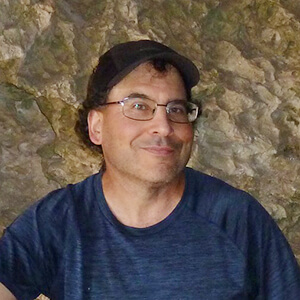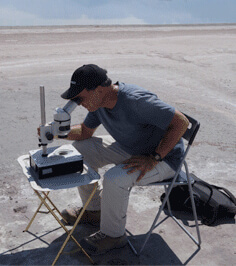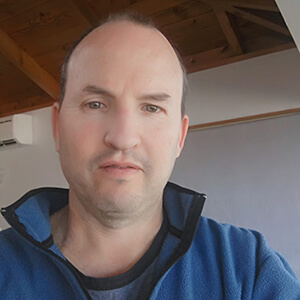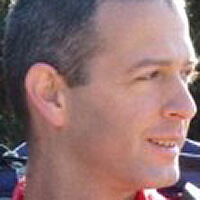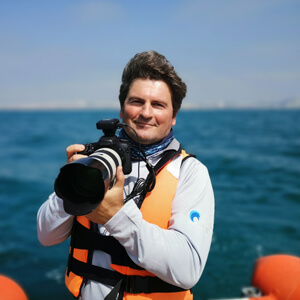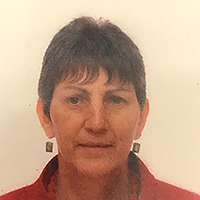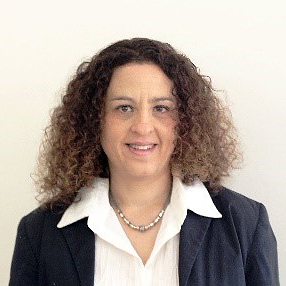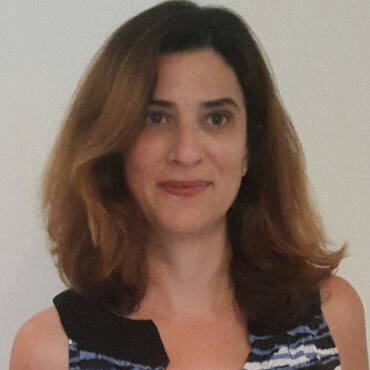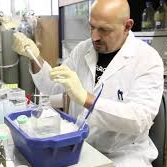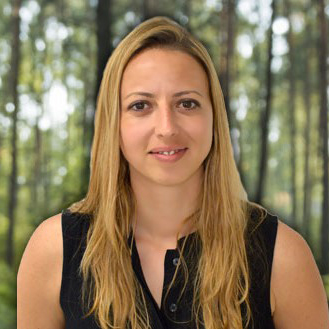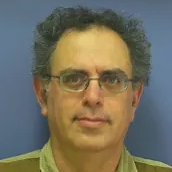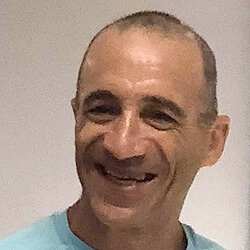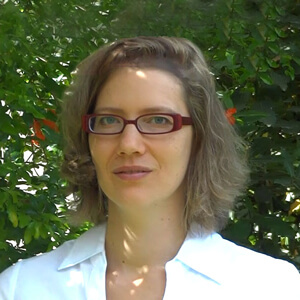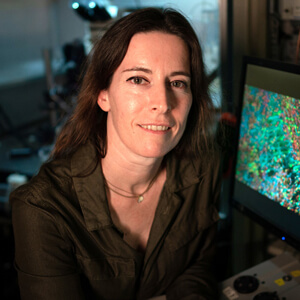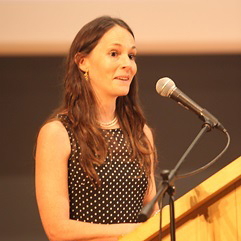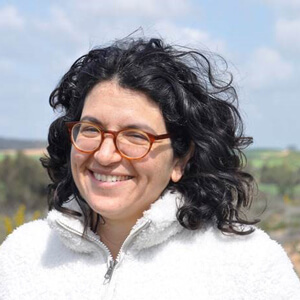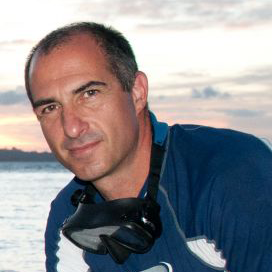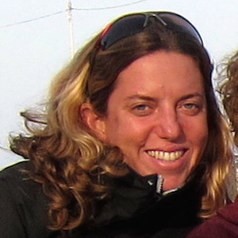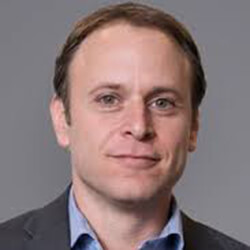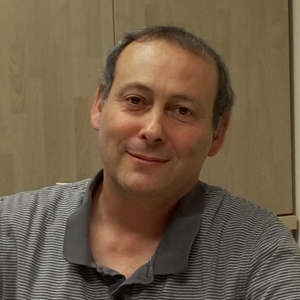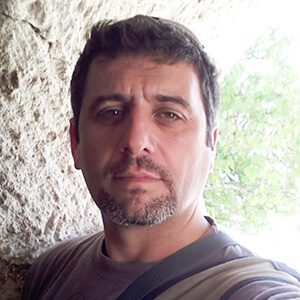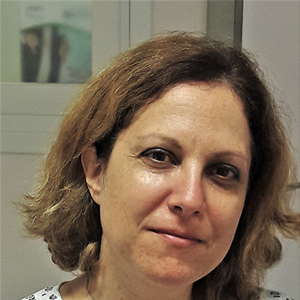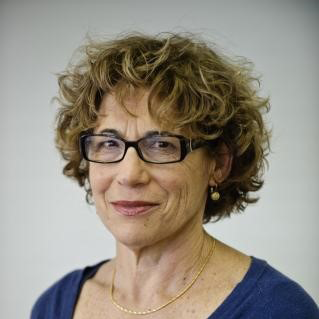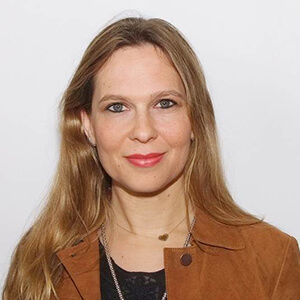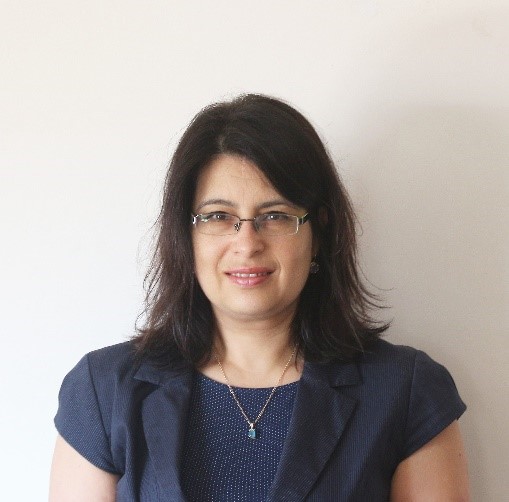Hod Orkibi, PhD, is a certified psychodrama therapist and an Associate Professor (tenured) at the School of Creative Arts Therapies, University of Haifa, Israel. Prof. Orkibi advises M.A. and Ph.D. students, acts as the Chair of the Doctoral Program Committee and has been the Head of international programs and collaborations. His research areas include drama, creativity, and well-being; psychodrama process and outcomes; arts-based community rehabilitation; and systematic reviews. His work has been presented at international conferences and published in international refereed journals.
Prof. Orkibi has been awarded private and public grant funds, including from the Israel Science Foundation, the Ministry of Science and Technology in Israel, the National Insurance Institute of Israel, and the European Union. He serves on the editorial board of the international journal The Arts in Psychotherapy, the Drama Therapy Review - Journal of the North American Drama Therapy Association, the GMS Journal of Arts Therapies, APA Division 10's journal Psychology of Aesthetics, Creativity, and the Arts, and the Academic Journal of Creative Arts Therapies
Prof. Orkibi was appointed Chair of the Israeli Higher Council for Creative Arts Therapies (2017-2020) and is a member of the Israeli Association for Arts Therapies and the Israeli Association for Psychodrama. He was chosen to represent Division 10 – the Society for the Psychology of Aesthetics, Creativity, and the Arts – on the American Psychological Association's Council of Representatives (2019-2022). He is also an active member of the International Research Alliance of the NYU Creative Arts Therapies Consortium. His full list of publications can be seen on his Google Scholar profile.
Email: This email address is being protected from spambots. You need JavaScript enabled to view it.
Selected Publications
Orkibi, H., Ben-Eliyahu, A., Reiter-Palmon, R., Testoni, I., Biancalani, G., Murugavel, V., Gu, F. (2021). Creative adaptability and emotional well-being during the COVID-19 pandemic: An international study. Psychology of Aesthetics, Creativity, and the Arts. 1-11.
Gavron, T. & Orkibi, H. (2021). Arts-based supervision training for creative arts therapists: perceptions and implications. The Arts in Psychotherapy, 75. 101838, 1-7.
DeWitte, M., Orkibi, H., Zarate, R., Karkou, V., Sajnani, N., Malhotra, B., Ho, R. T. H., Kaimal, G. Baker, F. A., & Koch, S. C. (2021). From therapeutic factors to mechanisms of change in the creative arts therapies: A scoping review. Frontiers in Psychology, 12(2525), 1-27.
Nitzan, A. & Orkibi, H. (2021). “We’re all in the same boat” – the experience of people with mental health conditions and non-clinical community members in integrated arts-based groups. Frontiers in Psychology, 12(757), 1-15.
Kushnir, A. & Orkibi, H. (2021). Concretization as a mechanism of change in psychodrama: Procedures and benefits. Frontiers in Psychology, 12(176), 1-13.
Orkibi, H., Biancalani, G., Bucuţã, M. D., Sassu, R., Wieser, M. A., Franchini, L., Raccichini, M., Azoulay, B., Ciepliñski, K. M., Leitner, A., Varani, S., & Testoni, I. (2021). Students’ confidence and interest in palliative and bereavement care: A European study. Frontiers in Psychology, 12(423), 1-13.
Orkibi, H. (2021). Creative adaptability: Conceptual framework, measurement, and outcomes in times of crisis. Frontiers in Psychology, 11(3695), 1-13.
Ram-Vlasov, N. & Orkibi, H. (2021). The kinetic family in action: an intermodal assessment model. The Arts in Psychotherapy, 71,101750, 1-9.
Nitzan, A. & Orkibi, H. (2020). Stigma correlates in individuals with mental health conditions versus community members enrolled in a nationwide integrated arts-based community rehabilitation program in Israel. Health & Social Care in the Community, 28, 1230-1240
Shafir, T., Orkibi, H., Baker, F. A., Gussak, D., Kaimal, G. (2020). Editorial: the state of the art in creative arts therapies. Frontiers in Psychology, 1-10.
Feniger-Schaal, R., & Orkibi, H. (2020). Integrative systematic review of drama therapy intervention research. Psychology of Aesthetics, Creativity, and the Arts, 14(1), 68-80.
Tuaf, H. & Orkibi, H. (2019). Community-based rehabilitation program for adolescents with mental health conditions: A qualitative study protocol. BMJ Open, 9(12), e032809, 1-7.
Orkibi, H. (2019). Positive psychodrama: A framework for research and practice. The Arts in Psychotherapy, 66, 101603. 1-8.
Orkibi, H. & Feniger-Schaal, R. (2019). Integrative systematic review of psychodrama psychotherapy research: Trends and methodological implications. PLoS ONE 14(2), e0212575. 1-26.
Orkibi, H. (2019). Creative arts therapists have lower collective self-esteem but higher job satisfaction than other professionals. Art Therapy, 36(2), 98-102.
Orkibi, H. & Ram-Vlasov, N. (2019). Linking trauma to posttraumatic growth and mental health through emotional and cognitive creativity. Psychology of Aesthetics, Creativity, and the Arts,13(4), 416-430.
Orkibi, H. (2018). The user-friendliness of drama: Implications for drama therapy and psychodrama admission and training. The Arts in Psychotherapy, 59, 101-108.
Azoulay, B., & Orkibi, H. (2018). Helpful and hindering factors in psychodrama field Training: A longitudinal mixed methods study of student development. Frontiers in Psychology 9(196), 1-10.
Orkibi, H., Azoulay, B., Snir, S. & Regev, D. (2017). In-session behaviors and adolescents’ self-concept and loneliness: A psychodrama process-outcome study. Clinical Psychology & Psychotherapy 24(6), O1455-O1463.
Orkibi, H., Azoulay, B., Regev, D., & Snir, S. (2017). Adolescents’ dramatic engagement predicts their in-session productive behaviors: A psychodrama change process study. The Arts in Psychotherapy, 56, 46-53.
Orkibi, H. (2016). Highly artistic-social personalities buffer the effects of burnout on career commitment. The Arts in Psychotherapy, 50, 76-83
Azoulay, B., & Orkibi, H. (2015). Four-phase CBN psychodrama model: A manualized approach for practice and research. The Arts in Psychotherapy 42, 10-18.
Orkibi, H. & Bar Nir, A. (2015). Linking collective self-esteem to well-being indicators of arts therapies students and practitioners: Meaning and engagement as mediators. The Arts in Psychotherapy, 45, 26-35
Orkibi, H., Bar, N., Eliakim, I. (2014). The effect of drama-based group therapy on aspects of mental illness stigma. The Arts in Psychotherapy, 41(5), 458-466.
Orkibi, H. (2014). The applicability of a seminal professional development theory to creative arts therapies students. Clinical Psychology & Psychotherapy, 21(6), 508-518.
Orkibi, H. (2012). Students’ artistic experience before and during graduate training. The Arts in Psychotherapy, 39(5), 428435.
Orkibi, H. (2011). Using intermodal psychodrama to personalize drama students’ experience: Two case illustrations. Journal of Aesthetic Education, 45 (2), 70-82.

